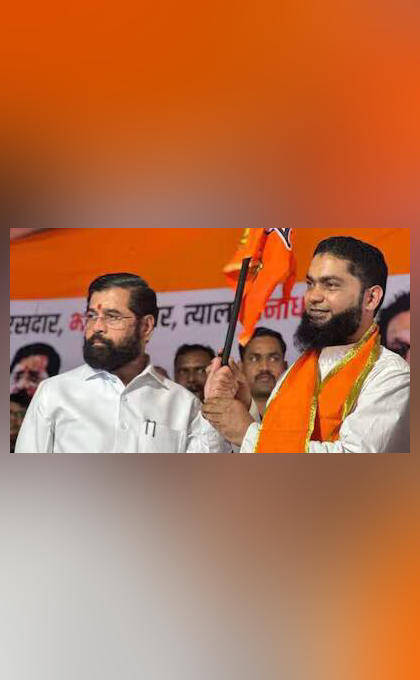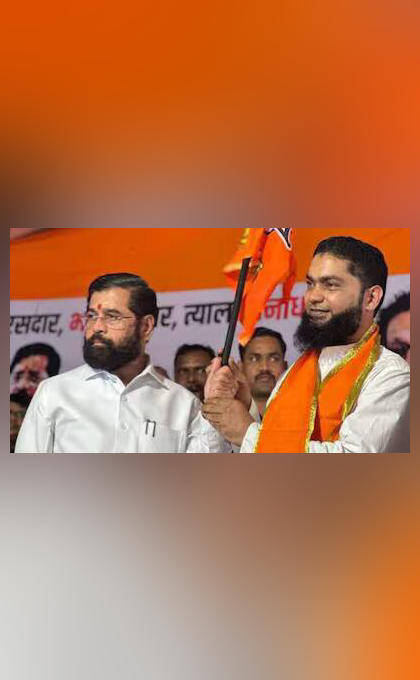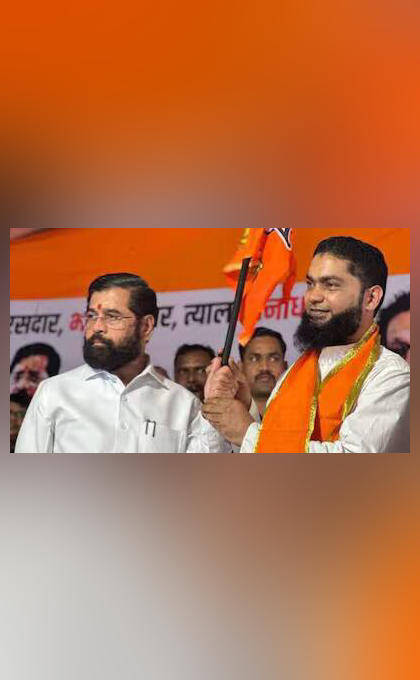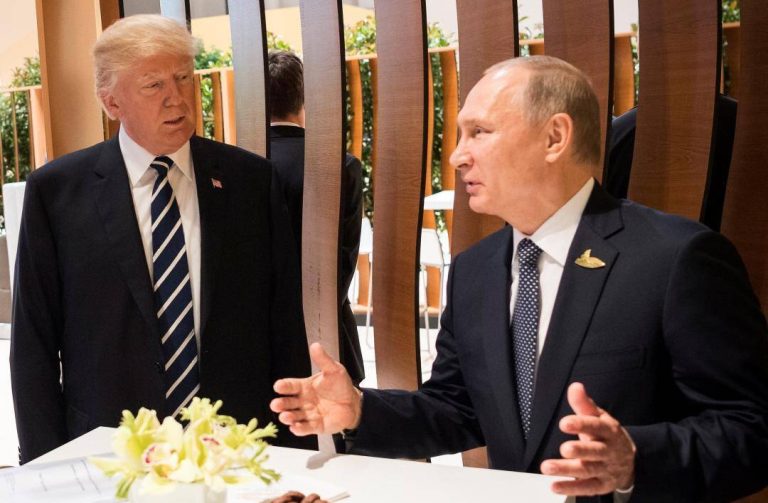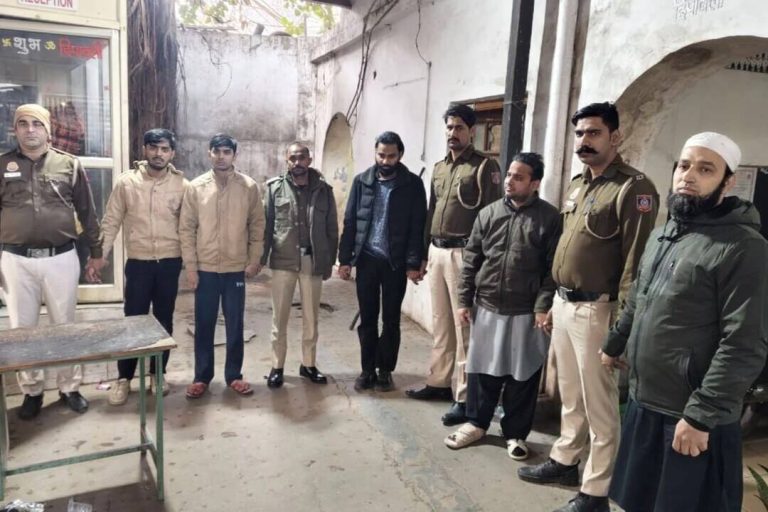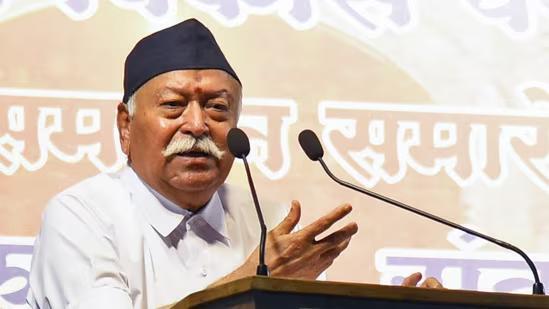
Muslims & Christians are also Hindus if they follow Indian culture: RSS chief Bhagwat
In a statement that has sparked debate and discussion, Rashtriya Swayamsevak Sangh (RSS) chief Mohan Bhagwat has said that anyone who takes pride in Bharat, the Indian subcontinent, is a Hindu. According to Bhagwat, if Muslims and Christians, without giving up their worship, customs, and traditions, worship this country and follow Indian culture, then they are Hindus. This definition of Hinduism, as per Bhagwat, is not limited to a specific religion or faith but encompasses a broader cultural and national identity.
Bhagwat’s statement has been seen as an attempt to redefine the term “Hindu” and expand its scope to include people of other faiths who identify with Indian culture and values. He emphasized that India does not need an official label to be a ‘Hindu Rashtra’ (Hindu nation) because its civilization already reflects it. This statement has been interpreted as a call for unity and inclusivity, encouraging people of all faiths to come together and celebrate their shared Indian heritage.
The RSS chief’s remarks have been welcomed by some as a positive step towards promoting communal harmony and national unity. By defining Hinduism in cultural and national terms rather than purely religious ones, Bhagwat is attempting to create a sense of shared identity and belonging among people of different faiths. This approach could help to bridge the gap between different communities and promote a sense of mutual respect and understanding.
However, others have criticized Bhagwat’s statement, arguing that it is an attempt to impose a Hindu identity on people of other faiths. They see this as a form of cultural and religious assimilation, where the dominant Hindu culture is being imposed on minority communities. This criticism is not unfounded, as there have been instances in the past where minority communities have been subjected to cultural and religious coercion.
It is also worth noting that Bhagwat’s definition of Hinduism is not universally accepted, even within the Hindu community. Some Hindus may identify with a more narrow, religious definition of Hinduism, which emphasizes the importance of specific rituals, practices, and beliefs. Others may see Hinduism as a broader cultural and philosophical tradition, which encompasses a wide range of perspectives and practices.
Despite these criticisms and complexities, Bhagwat’s statement has sparked an important debate about the nature of Indian identity and the role of religion in shaping our national culture. As India becomes increasingly diverse and globalized, it is essential to have a nuanced and inclusive understanding of what it means to be Indian. By embracing a broader definition of Hinduism, which encompasses people of all faiths who identify with Indian culture, we can promote a sense of national unity and shared purpose.
Furthermore, Bhagwat’s statement highlights the importance of Indian culture and values in shaping our national identity. Indian culture is a rich and diverse tapestry, which has been woven from the threads of different traditions, faiths, and communities. From the Vedas to the Bhakti movement, from the Sufi saints to the Bhakti poets, Indian culture has always been characterized by a spirit of inclusivity and syncretism.
In this sense, Bhagwat’s definition of Hinduism as a cultural and national identity, rather than a purely religious one, is not entirely new. The idea of Hinduism as a broader cultural and philosophical tradition has been explored by scholars and thinkers such as Swami Vivekananda, Rabindranath Tagore, and Mahatma Gandhi. These thinkers saw Hinduism as a way of life, which emphasized the importance of tolerance, compassion, and self-discipline.
In conclusion, RSS chief Mohan Bhagwat’s statement that Muslims and Christians are also Hindus if they follow Indian culture has sparked an important debate about the nature of Indian identity and the role of religion in shaping our national culture. While there are criticisms and complexities surrounding this definition, it is essential to have a nuanced and inclusive understanding of what it means to be Indian. By embracing a broader definition of Hinduism, which encompasses people of all faiths who identify with Indian culture, we can promote a sense of national unity and shared purpose.
